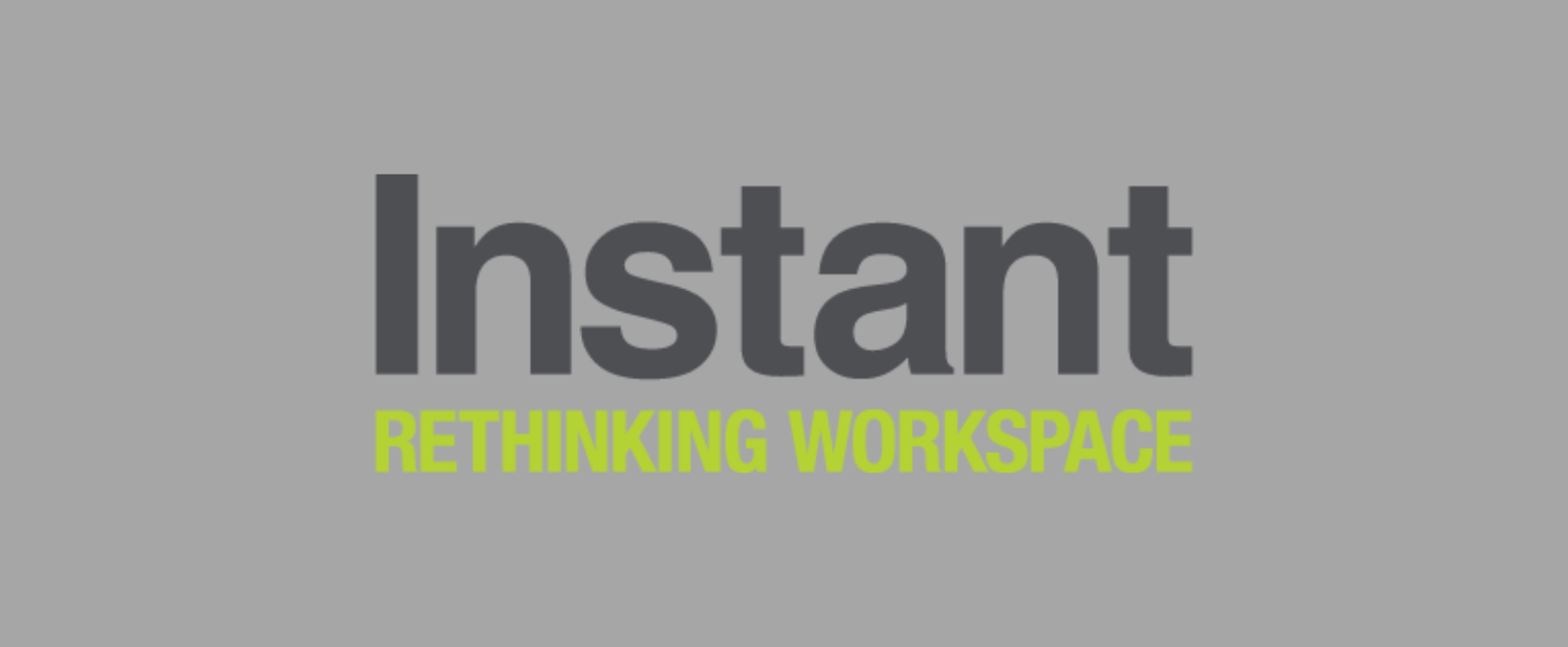
It’s time to address the value of flex in office valuations
At today’s Flexible Space Association Conference, The Instant Group will be hosting a panel discussion on flexible workspace valuation. Here the company previews some of the aspects likely to be part of the discussion.
Nearly two-thirds of office landlords expect a decrease in their buildings’ capital values with the current valuation model, according to a report on the future of office from The Instant Group and Urban Land Institute (ULI). Yet the problem is not flex; it’s an outdated valuation model designed to award long-term contracts that are no longer market reality.
With the adoption of hybrid work comes a need to re-assess valuation models of commercial real estate office properties, taking accurate market data and intelligence into account for appraisals. True valuations are important not only to landlords, but also to operators. As valuations respond to a new market reality, those operators providing differentiated services under management agreements should expect to see some of that enhanced value flowing back to them, and landlords will likely be more open to engaging and supporting flexible spaces through CAPEX investment.
An office owner/investor’s role has evolved from a space provider to a hospitality-led service provider that focuses on building and operational management. As such, the inclusion of flexible workspace into the office building stack creates a more agile, future-ready property better compared to how a hotel is utilised than to an office building valued based on the traditional lease agreements of yester-year.
Today, more than two-thirds of landlords want to deliver flexible workspace solutions, according to The Instant Group’s “Future of Flex” report, and 29 percent view it as an additional revenue driver – rightfully so, as annual revenue for flexible workspace can be more than triple the rates of traditional leases. Half of landlords surveyed in this same report said they would expect 16 to 25 per cent of their portfolios to be flexible by 2025.
A barrier for these landlords is the valuation process for their properties. As the building stack changes, flex raises revenue potential and monetises space as occupancy lags. It also de-emphasises the reliance solely on institutional occupiers and the long-term, long-game of traditional leases. However, while occupier value and occupation length are data points that are particularly difficult to ascertain, they are critical to valuation, since account utilisation should be used as a future indicator of long-term occupancy rather than just term length. If looking at this, flexible spaces already show far higher utilisation figures than traditional occupiers.
Blended, hybrid portfolios also help landlords access premium rents (higher income, shorter term) and allow them to increase operating income while reducing and offsetting void periods. Demand for availability drives occupancy levels, while curated experiences can help strengthen retention and relationships. The added services from flex provide additional revenue streams that otherwise may not have been possible. This is a familiar model to hospitality industry veterans where RevPAR (revenue per available room) has long been the norm.
It no longer makes sense to value office assets on the length of their leases to tenants. We can no longer expect most properties to sign 15-year lease terms for most of their occupiers. In fact, Instant recently found that the average flex office term length rose 19 percent from 2021-22 while the average length of a traditional office lease dropped by 32 percent. Unsurprisingly, larger corporate occupiers are less likely to commit to long-term traditional leases and their demand for flex space is up 29 percent globally from 2021-2022.
Embracing hospitality-like valuations in the office sector will better address the reality of today’s usage and inclusion of flexible offices which provide space-as-a-service, amenities, flexible products and services, diversity in tenant mix, and varied lease terms. Instant has estimated that incorporating all the varied services associated with flexible workspace could increase net operating income by as much as 30 percent. Office valuations will have to reflect that and to support this, the market players must embrace the increasing shift towards data transparency.
The Instant Group is a member of the Flexible Space Association, and is the Headline Sponsor of this year’s Flexible Space Association Conference and Exhibition.
23 May 2023
Return to News Page

